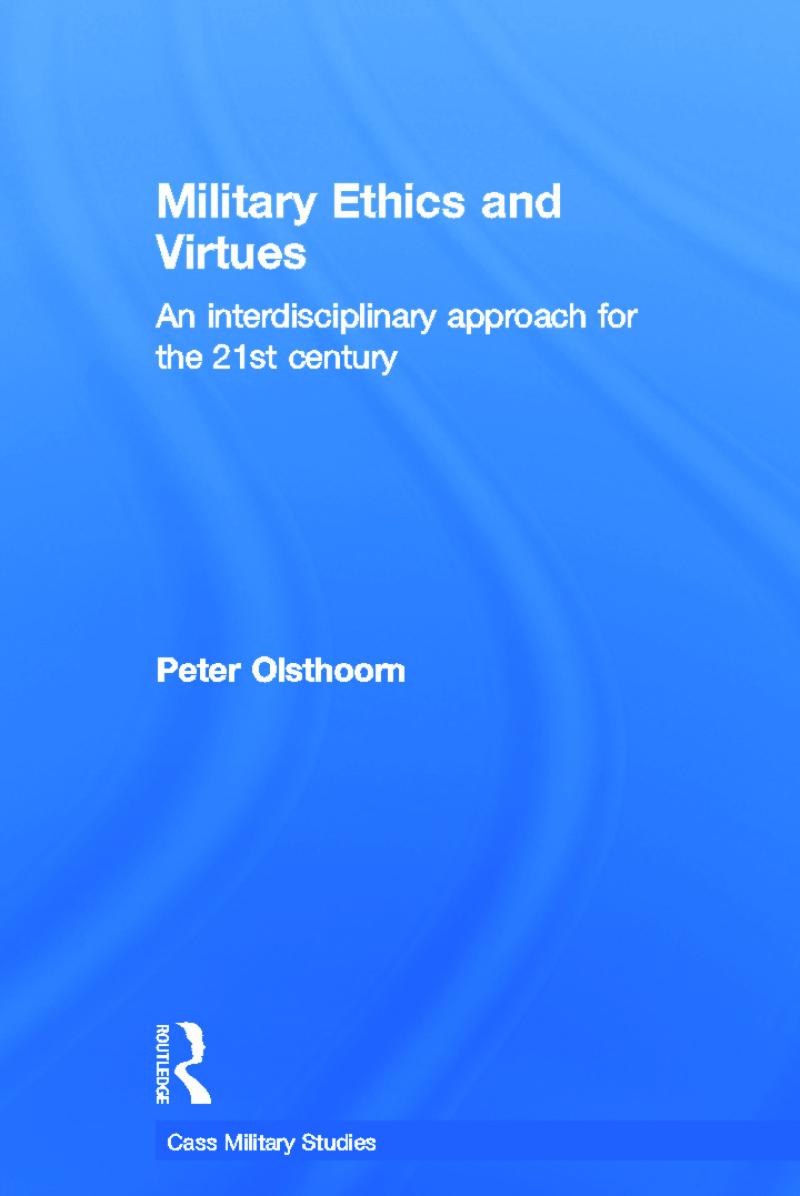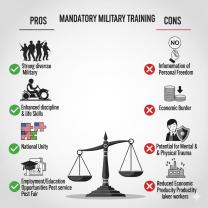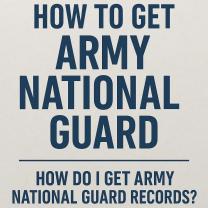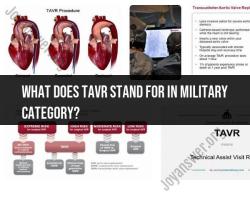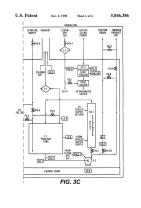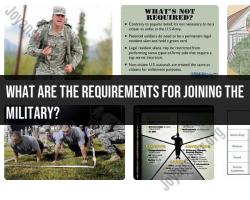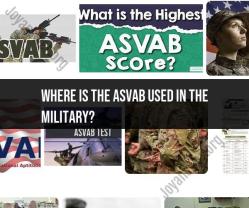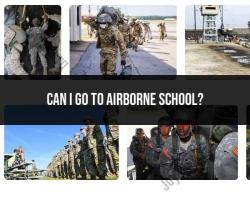Is there a military code of ethics?
While there isn't a single universal "Military Code of Ethics" that applies to all armed forces globally, many countries and military organizations have established their own codes, doctrines, or ethical guidelines that govern the behavior and conduct of military personnel. These codes are designed to set clear expectations for the ethical standards, values, and principles that military members are expected to uphold. The specific content and terminology may vary among nations, but they generally share common themes such as integrity, loyalty, respect, and adherence to the law.
Here are a few examples:
1. United States: Uniform Code of Military Justice (UCMJ) and Core Values:
In the United States, the Uniform Code of Military Justice (UCMJ) serves as the primary legal framework for the military. Additionally, each branch of the U.S. military has its own set of core values that guide the behavior of its members:
- U.S. Army: The Army Values include loyalty, duty, respect, selfless service, honor, integrity, and personal courage.
- U.S. Navy: The Navy's core values are honor, courage, and commitment.
- U.S. Air Force: The Air Force core values are integrity first, service before self, and excellence in all we do.
- U.S. Marine Corps: The Marine Corps values are honor, courage, and commitment.
- U.S. Coast Guard: The Coast Guard core values are honor, respect, and devotion to duty.
2. United Kingdom: Values and Standards of the British Army:
The British Army adheres to its Values and Standards, which include:
- Courage: Showing physical courage in the face of danger and moral courage in the face of adversity.
- Discipline: Following orders, acting professionally, and maintaining personal discipline.
- Respect for Others: Treating others with dignity and respect, regardless of rank, race, or background.
- Integrity: Being honest and truthful in all dealings.
- Loyalty: Remaining faithful to the Army, the unit, and fellow soldiers.
3. Canada: Code of Values and Ethics of the Canadian Armed Forces:
The Canadian Armed Forces has a Code of Values and Ethics that includes principles such as:
- Respect the Dignity of All Persons: Treating all individuals with respect and promoting diversity and inclusion.
- Serve Canada Before Self: Prioritizing the interests of Canada and Canadians over personal interests.
- Obey and Support the Law: Adhering to legal standards and promoting ethical conduct.
4. NATO: NATO Code of Ethics:
NATO has its own Code of Ethics that emphasizes values such as integrity, accountability, transparency, and professionalism. It provides a framework for ethical decision-making within the NATO community.
These examples illustrate the diverse approaches to establishing ethical standards within military organizations. While specific codes may vary, the underlying principles emphasize the importance of ethical conduct, integrity, and adherence to the law in the military profession. Military members are expected to uphold these ethical standards both on and off duty, reflecting the values of their respective armed forces and contributing to the overall professionalism of the military institution.
Does the military adhere to a specific code of ethics?
Yes, the military in most countries, including the United States, adheres to a specific code of ethics. These codes vary depending on the country and branch of the military, but they all share some common principles.
In the United States, the main code of ethics for the military is the Law of Armed Conflict (LOAC). The LOAC is a set of international laws and customs that govern the conduct of armed forces during war. It includes rules about the treatment of civilians, prisoners of war, and enemy combatants.
In addition to the LOAC, each branch of the US military has its own code of ethics. These codes are based on the core values of the military, such as honor, duty, and integrity. They provide specific guidance for soldiers on how to conduct themselves in a variety of situations.
Here are some of the key principles of military ethics:
- Just war theory: This theory states that war is only justified if it meets certain criteria, such as self-defense or the protection of innocent civilians.
- Proportionality: This principle states that military force should only be used in proportion to the threat it is facing.
- Distinction between combatants and non-combatants: This principle states that it is illegal to target civilians in war.
- Humanity: This principle states that all people, even enemy combatants, deserve to be treated with humanity.
Upholding these principles is essential for maintaining the legitimacy of the military and protecting the rights of all people involved in war.
Some specific examples of how military ethics are applied include:
- Soldiers are not allowed to torture prisoners of war.
- Soldiers are not allowed to kill civilians unless they are directly threatening them.
- Soldiers are required to report any violations of the LOAC that they see.
Military ethics is a complex subject, and there is no easy answer to every question. However, by understanding the principles of military ethics and the laws that govern armed conflict, soldiers can make informed decisions about how to conduct themselves in war.
Here are some additional resources that you may find helpful:
- The United States Department of Defense Law of Armed Conflict website: https://dod.defense.gov/Portals/1/Documents/pubs/DoD%20Law%20of%20War%20Manual%20-%20June%202015%20Updated%20Dec%202016.pdf
- The International Committee of the Red Cross website: https://www.icrc.org/en
- The Geneva Conventions website: https://www.icrc.org/en/doc/war-and-law/treaties-customary-law/geneva-conventions/overview-geneva-conventions.htm
I hope this information is helpful! Please let me know if you have any other questions.
